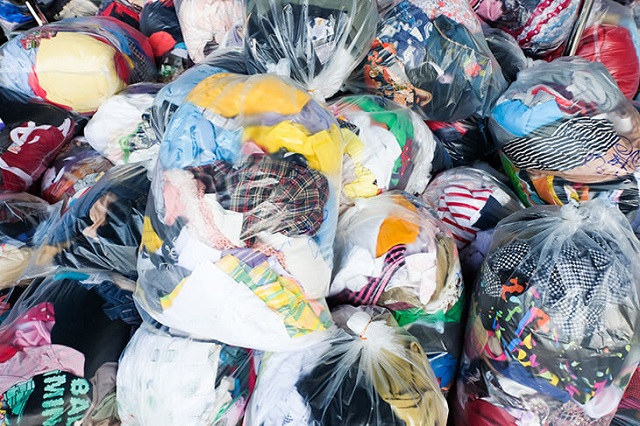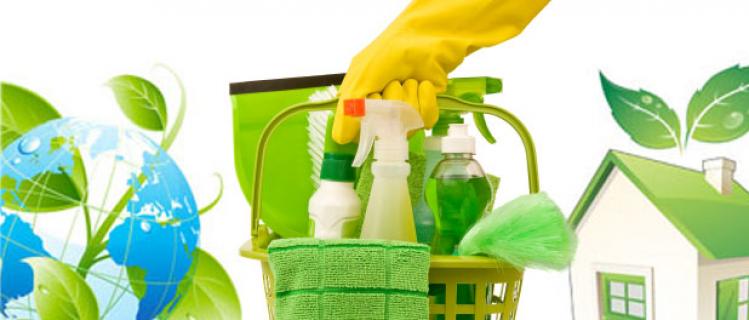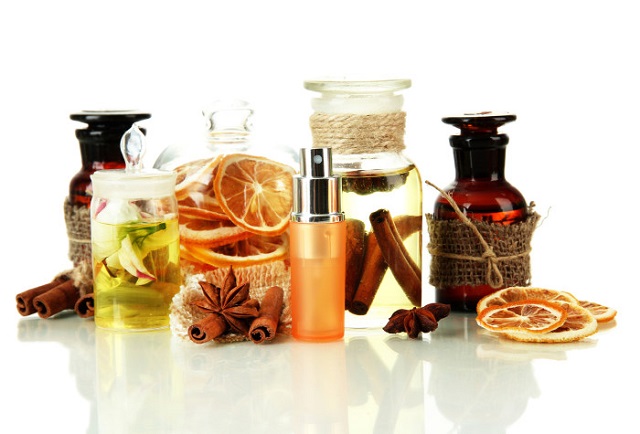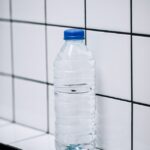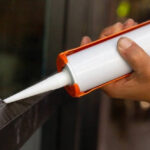Nowadays, more and more individuals are becoming aware of the disastrous effects pollution and mass consumption have on climate and the environment. As a result, they are changing many of their habits in order to reduce the waste they generate and their carbon footprint and lead a greener lifestyle. And most of these efforts happen in people’s private lives and apply to things like the food they eat, the products they buy and their travel means. However, people spend a lot of time in their workplaces where the company policy might not entirely align with their environmentally-friendly attempts.
But if you’re running a company, you have the power to change all that. By embracing greener practices not only can you make your environmentally-conscious employees a lot happier and more motivated, but you’ll also create a better reputation for your company. And one of the first steps you can try towards establishing a more eco-friendly workplace is switching to a greener cleaning routine. Here are some tips to help you do it.
Use Repurposed Cleaning Rags
Paper towels, wet wipes and other single-use cleaning tools place a huge burden on landfills. You might think that going for organic cotton towels is the way to go, but there’s a far better option – purchasing repurposed rags in bags. After all, reusing old items instead of purchasing new ones is one of the best ways to reduce waste. If you can’t get your hands on enough rags to clean your workspace, some cleaning supply stores in Australia sell rags in bags derived from old T-shirts, towels, socks and similar fabric items.
These bags of rags for sale are usually made of cotton or flannelette that don’t generate lint and can be used to clean, dust and polish different surfaces around the workplace. So, what used to be an old item that would be otherwise thrown away can now be put to good use.
In addition, using rags in bags can save your company money as opposed to purchasing paper towels, as they can be washed and reused again for multiple times. You can even fashion a reusable mop out of several pieces of rags. However, make sure that you change the rags regularly and only clean surfaces like counters and windows or wipe down kitchen sinks. Don’t use them for wiping dishes unless they’re fresh and clean and only used for that precise purpose. Otherwise, you’re risking contamination.
Employ Green Cleaning Products
The chemicals used in cleaning products can not only affect the environment, but also the health of your cleaning crew and the employees using the space. Many of the conventional cleaning products we use were found to contain toxins which can lead to a decline in lung function and cause airway obstruction. With that being said, make sure to look for products that are non-toxic, biodegradable and made from renewable resources (not petroleum).
You can even try some DIY alternatives like for instance mixing vinegar or baking soda or a mixture of the two as an all-purpose cleaner. One of the best uses of vinegar is helping to remove mould naturally, instead of using a harsh cleaning spray. Just spray some vinegar on the mould, let it soak for a few hours to kill it and then simply scrub it away. Baking soda can be used as an effective abrasive for removing stubborn stains and residue, as well as a way to remove bad odours from places like the fridge or pantry.
With that being said, there’s no need to use cleaning chemicals as much as we tend to do. For instance, when it comes to wiping dust and smudges, using water and a cotton or microfibre rag is more than enough. With that being said, try to cut down on chemical use as much as possible, and if you do need to apply strong cleaning products – make sure that they are eco-friendly and safe for everyone.
Ditch Air-Fresheners
Another way to reduce the use of chemicals in the workplace is to ditch air-fresheners all together. Air-fresheners often contain phthalates, formaldehyde, benzene, solvents and other toxic chemicals that get released into the air with each use. These chemicals do not only contribute to the damage of the ozone layer, but they also get into our airways and lungs, irritating them and causing damage. All things considered, air-fresheners are a big NO-NO in a workplace striving to be healthy and green.
If you still like for the space to smell nice, try some greener fragrance alternatives. For instance, you can use an essential oil diffuser. Just placing a few drops of the essential oil each day will have the office smell delightfully fresh. An even better alternative is to make your own potpourri air-freshener. Potpourri is a mixture of dried, naturally fragrant materials such as cinnamon sticks, apple, citrus, cloves, roses and other herbs and spices.

